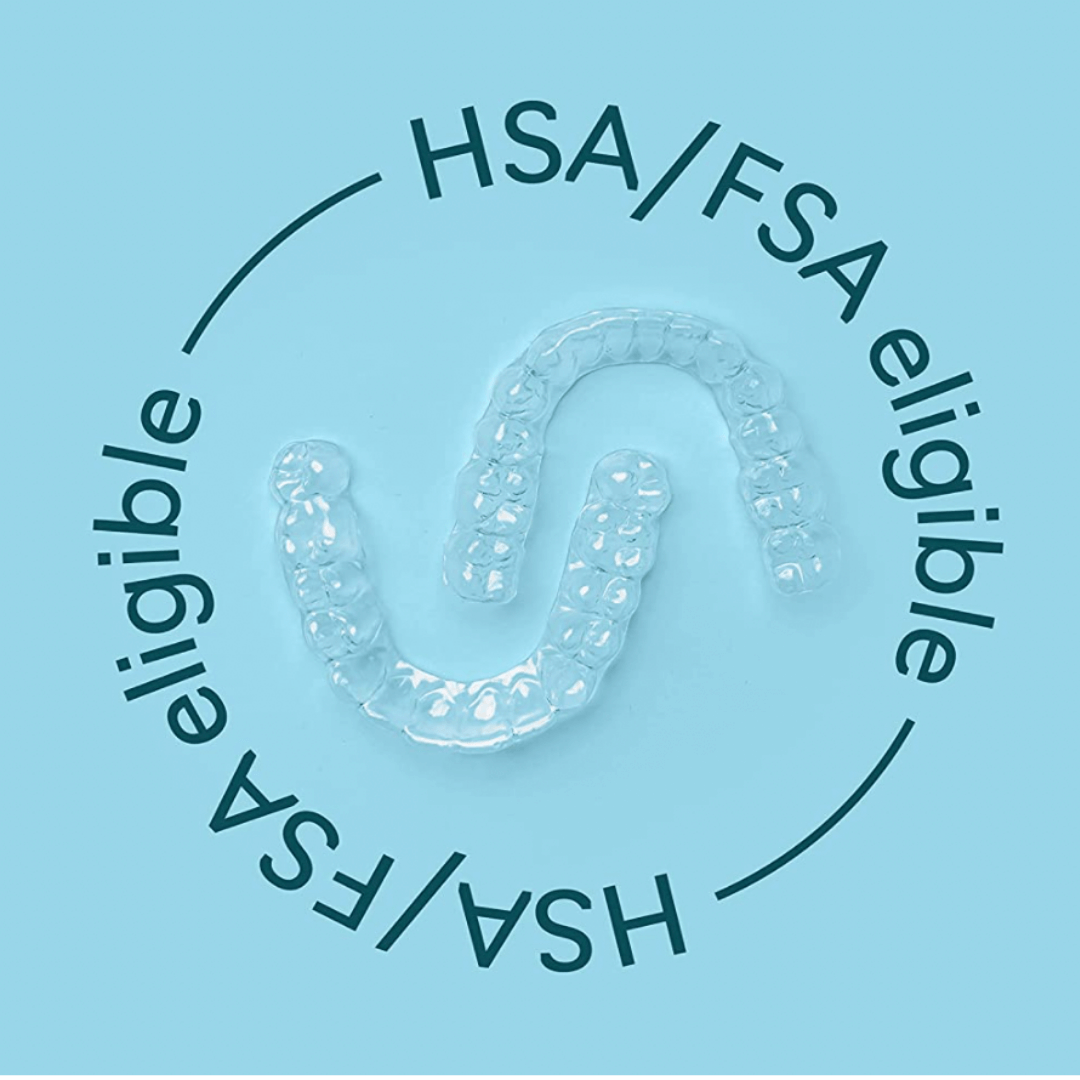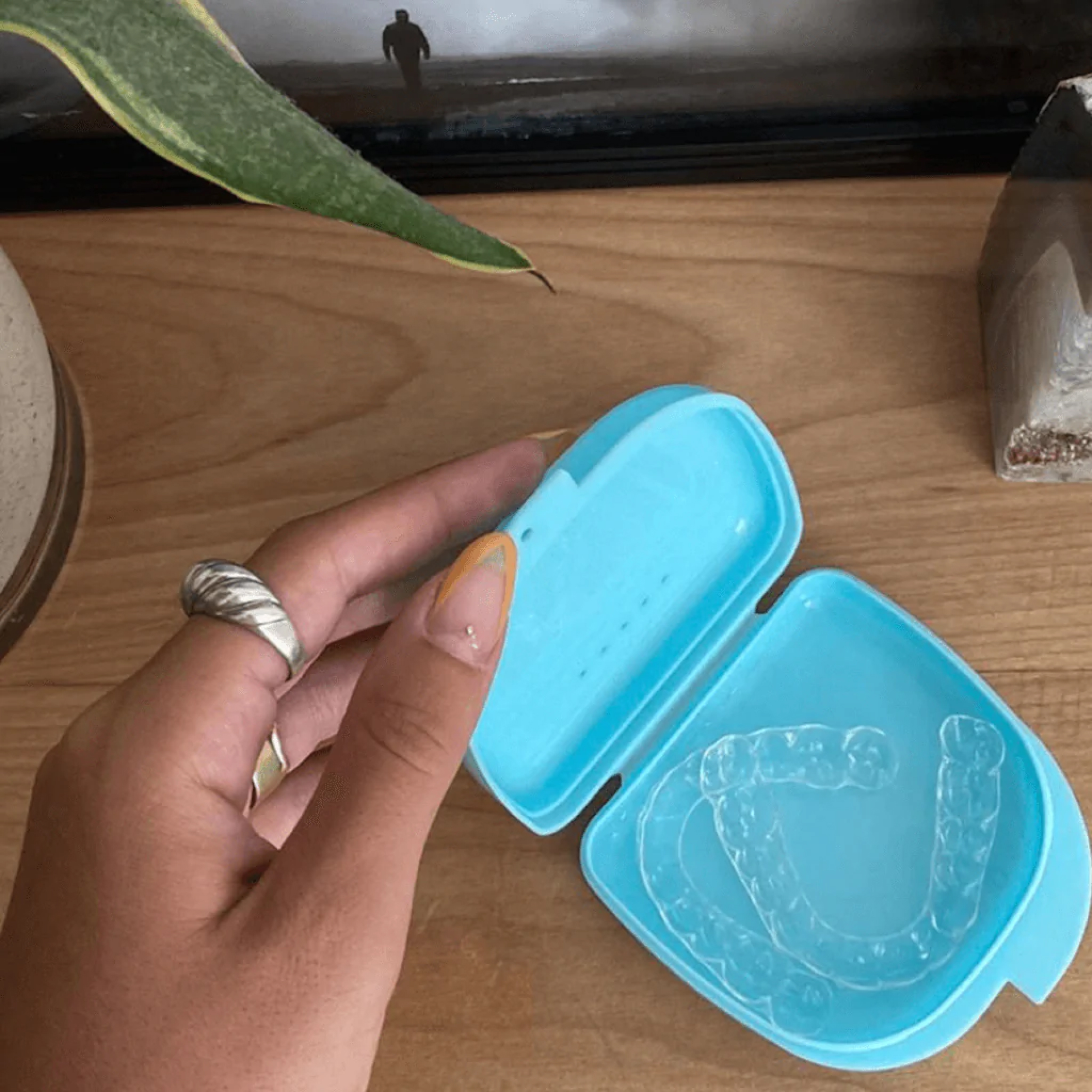Why Does My Custom Mouth Guard Hurt My Teeth at Night?
Wearing a custom mouth guard while sleeping is an effective solution for many people who suffer from conditions like teeth grinding, temporomandibular joint (TMJ) disorders, or sleep apnea. However, some people find that their mouth guard causes discomfort or even pain. This can lead to the question, "Why does my custom mouth guard hurt my teeth at night?"
In this article, we will explore the reasons behind mouth guard discomfort and how to address and prevent it. We'll discuss the importance of a proper fit, possible material sensitivities, and proper cleaning and maintenance techniques.
Understanding Custom Mouth Guards
Before delving into the potential reasons why your mouth guard may be causing discomfort, it's essential to understand what custom mouth guards are, how they're made, and their benefits.
Custom mouth guards are an excellent investment for anyone looking to protect their teeth and jaw from damage. They're also beneficial for individuals who suffer from oral health issues like teeth grinding, TMJ disorders, and sleep apnea.
What are Custom Mouth Guards?
Custom mouth guards are dental appliances that are specifically designed and fabricated for an individual's unique dental structure. They are made to fit your teeth perfectly, providing optimal protection and comfort.
Custom mouth guards are an effective way to prevent tooth damage, jaw pain, and other oral health issues. They're also prescribed for people with sleep apnea to help maintain an open airway during sleep, reducing the risk of breathing difficulties or snoring.
How are Custom Mouth Guards Made?
Custom mouth guards are crafted from an impression of your teeth, ensuring a precise fit. Your dentist will take a mold of your teeth and send it to a dental laboratory, where technicians will create your personalized mouth guard.
The process of creating a custom mouth guard involves several steps. First, your dentist will examine your teeth and take impressions. These impressions are then sent to a dental laboratory, where technicians create a plaster model of your teeth. The plaster model is used to create a custom mouth guard that fits your teeth perfectly.
Custom mouth guards are typically made from durable, high-quality materials that ensure a comfortable fit and effective protection. They can be made from a variety of materials, including soft plastics, hard plastics, and laminated materials.
Benefits of Custom Mouth Guards
There are several benefits to using a custom mouth guard, as opposed to a generic, off-the-shelf option. These benefits include:
- Better fit: A custom mouth guard is designed to conform to the exact shape of your teeth and gums, providing a more comfortable and secure fit. This reduces the risk of the mouth guard falling out during sleep or causing discomfort.
- Improved effectiveness: Custom mouth guards are designed to address specific issues, such as teeth grinding or TMJ disorders, ensuring that they provide optimal protection and symptom relief.
- Durability: Custom mouth guards are made from high-quality materials that are designed to withstand nightly use. This means that they tend to last significantly longer than generic mouth guards.
Additionally, custom mouth guards can be personalized to fit your unique needs. For example, if you play sports, your mouth guard can be designed to provide extra protection to your teeth and jaw.
Custom mouth guards are also incredibly easy to maintain. Simply rinse them with water after each use and store them in a protective case to prevent damage.
Overall, custom mouth guards are an excellent investment for anyone looking to protect their teeth and jaw from damage. They're comfortable, effective, and can last for years with proper care. Talk to your dentist today to learn more about custom mouth guards and how they can benefit you.
Common Reasons for Mouth Guard Discomfort
Despite the benefits of using a custom mouth guard, some people experience discomfort or pain while wearing one. There are several possible reasons for this, which we will explore in this section.
Incorrect Fit
One of the most common reasons for mouth guard discomfort is an incorrect fit. If your mouth guard is too tight, too loose, or otherwise ill-fitting, it can cause discomfort, including sore teeth and gums. This can happen if your mouth guard was not properly made, your teeth have shifted since the mouth guard was created, or the mouth guard has become warped or damaged over time.
Material Sensitivity
Some individuals may be sensitive or allergic to the materials used in their custom mouth guard. This can result in symptoms like gum irritation, redness, or even blisters. If you suspect you're experiencing a material sensitivity, it's essential to consult with your dentist to discuss alternative material options.
Improper Cleaning and Maintenance
Mouth guards, like any other dental appliance, require regular cleaning and proper storage to remain hygienic and in good condition. If your mouth guard is not cleaned regularly, bacteria and plaque can accumulate on its surface, potentially causing gum irritation or bad breath. Additionally, improper storage can result in warping or damage, affecting the fit and comfort of your mouth guard.
Wearing the Mouth Guard Incorrectly
Wearing your mouth guard incorrectly can result in discomfort or a reduced effectiveness in addressing your specific dental issues. It's important to follow your dentist's instructions for wearing and caring for your mouth guard to ensure optimum results and comfort.
How to Address Mouth Guard Pain
If you're experiencing discomfort or pain from your custom mouth guard, there are several steps you can take to address the issue:
Consult with Your Dentist
The first step in addressing mouth guard discomfort is to consult with your dentist. They can examine your mouth guard and your teeth to determine if an incorrect fit or another issue is causing the discomfort. Your dentist may also be able to adjust the fit of the mouth guard, recommend alternative materials, or provide guidance on proper usage and care.
Adjusting the Fit of Your Mouth Guard
If the fit of your mouth guard is contributing to your discomfort, your dentist may be able to adjust it for a more comfortable experience. In some cases, a simple adjustment may be sufficient, while in others, a new impression and the creation of a new mouth guard may be necessary.
Trying Different Materials
If you suspect that a material sensitivity is causing your discomfort, your dentist can recommend alternative materials for your custom mouth guard. There is a wide variety of materials available, and it may take some trial and error to find the one that is most comfortable and effective for you.
Proper Care and Cleaning Techniques
Ensuring that you clean, store, and maintain your mouth guard properly is crucial for preventing discomfort and preserving its effectiveness. Your dentist can provide guidance on proper cleaning techniques and storage solutions to help keep your mouth guard in optimal condition.
Preventing Mouth Guard Discomfort
To minimize the risk of discomfort and help ensure a pleasant experience while using a custom mouth guard, consider the following tips:
Ensuring a Proper Fit from the Start
Working with your dentist to get an accurate impression of your teeth, as well as discussing any fit concerns from the beginning, can help ensure a comfortably fitting mouth guard. Don't hesitate to address any issues with the fit or comfort of your mouth guard as soon as you notice them.
Gradually Adjusting to Wearing a Mouth Guard
For some people, it may take time to become accustomed to wearing a mouth guard at night. Gradually increasing the amount of time that you wear the mouth guard each night can help your mouth adjust to the sensation, reducing the risk of discomfort.
Regularly Inspecting Your Mouth Guard for Damage
Periodically checking your mouth guard for any signs of wear or damage can help you address any issues that may contribute to discomfort. If you notice any warping, cracks, or other damage, consult with your dentist to determine whether a replacement or adjustment is needed.
In conclusion, while custom mouth guards can provide significant benefits for many dental issues, discomfort is a potential issue that can be addressed and prevented through proper fit, material selection, and care. Working closely with your dentist and following their guidance can help ensure a comfortable, effective experience with your custom mouth guard.




